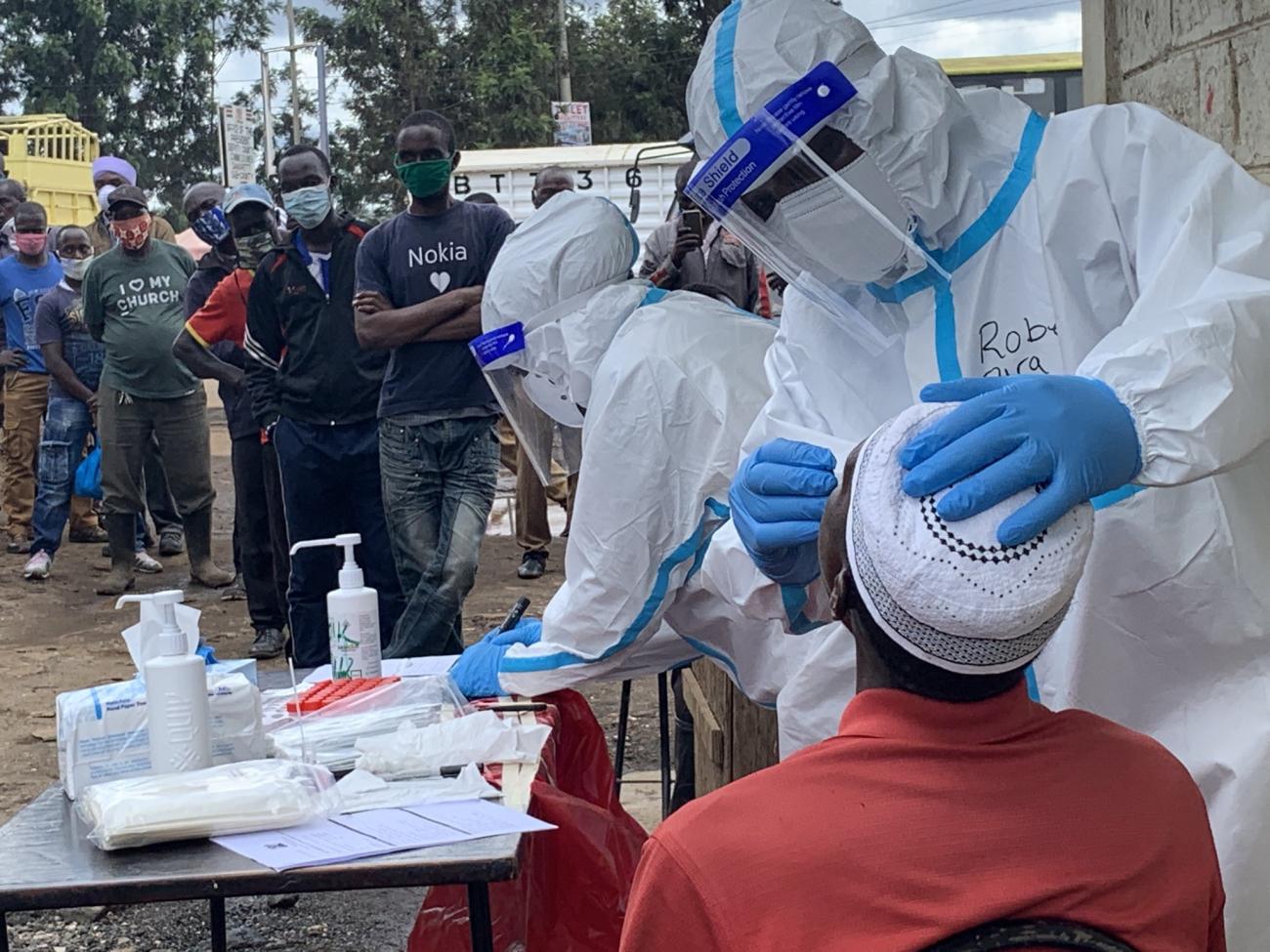The COVID-19 pandemic has revealed a festering wound in Africa’s health system, with years of inadequate resources and planning upending public health sectors and finding many countries unprepared for the havoc caused by the coronavirus in the continent.
The upside is that as global systems consider ways of building back better post-COVID, the continent can use recovery strategies as an opportunity to create more sustainable and resilient health services.
Effects of COVID-19 have been most calamitous among the poor. The most urgent consideration as countries consider social and economic scenarios beyond the crisis has therefore been how to make sure that social protection systems are in place to respond quickly and efficiently to future shocks.
For Kenya, loss of jobs has been a key Covid-related shock for many households. However, health risks have been of special concern for much longer to most households. The cost of each illness, injury, or accident can range from very small, for example, covering the cost of simple medication, to astronomical, such as for major surgeries. Many families are an illness away from bankruptcy.
COVID-19 has brought into stark relief the huge persistent inequities – including race, gender, and economic status - in access to health care. Additionally, the pandemic is disrupting essential health services, such as routine immunizations and family planning services. Without vaccination campaigns, many children are at an even greater risk of acquiring easily preventable diseases.
Article 43 of Kenya’s constitution guarantees all citizens their economic, social and cultural rights. The Bill of Rights binds the State to provide appropriate social security to persons who are unable to support themselves and their dependants, including the right to healthcare.
Resilient and equitable health systems are crucial in withstanding shocks and allowing care to continue for all communities, especially those already marginalized. This is why the push for Universal Health Coverage in Kenya must be seen as a key pillar of its social protection systems.
UHC stresses the importance of improving access to health promotion, prevention, and treatment. The UN in Kenya has identified primary health care as the key driver of the pursuit for UHC in Kenya. Realizing that an underfunded primary health care system is detrimental in normal times and even more dangerous in times of crisis, the SDG Partnership Platform is working with the Government to coordinate public-private innovations to improve primary health care in Kenya.
COVID-19 has demonstrated that countries that invest in health equitably will have a better chance to protect their populations from threats, as well as promote economic stability.
Fortunately for Kenya, the Big Four Agenda is a testimony of the country’s commitment to achieving UHC. That commitment will be a major advantage as Kenya builds back better.




